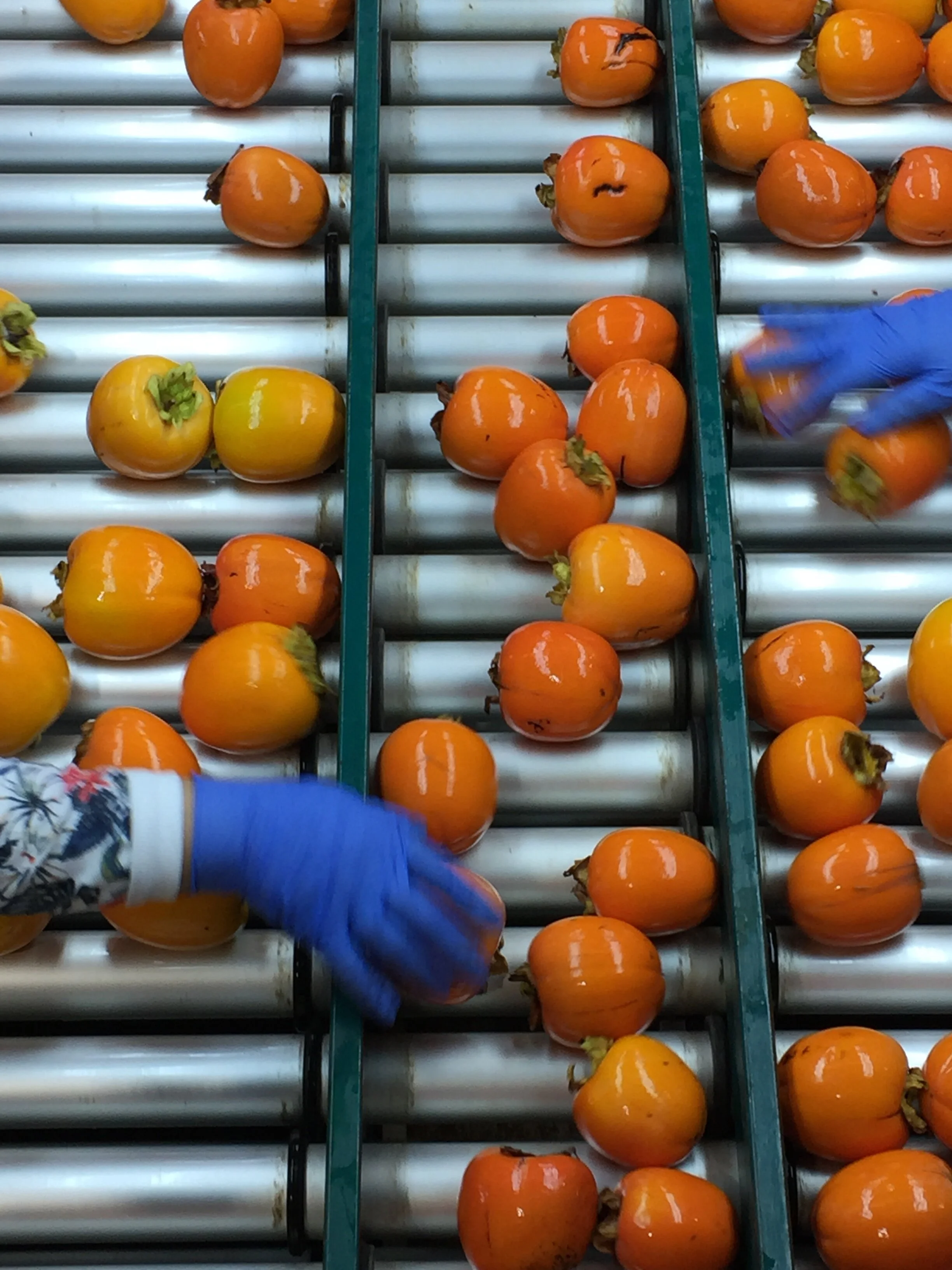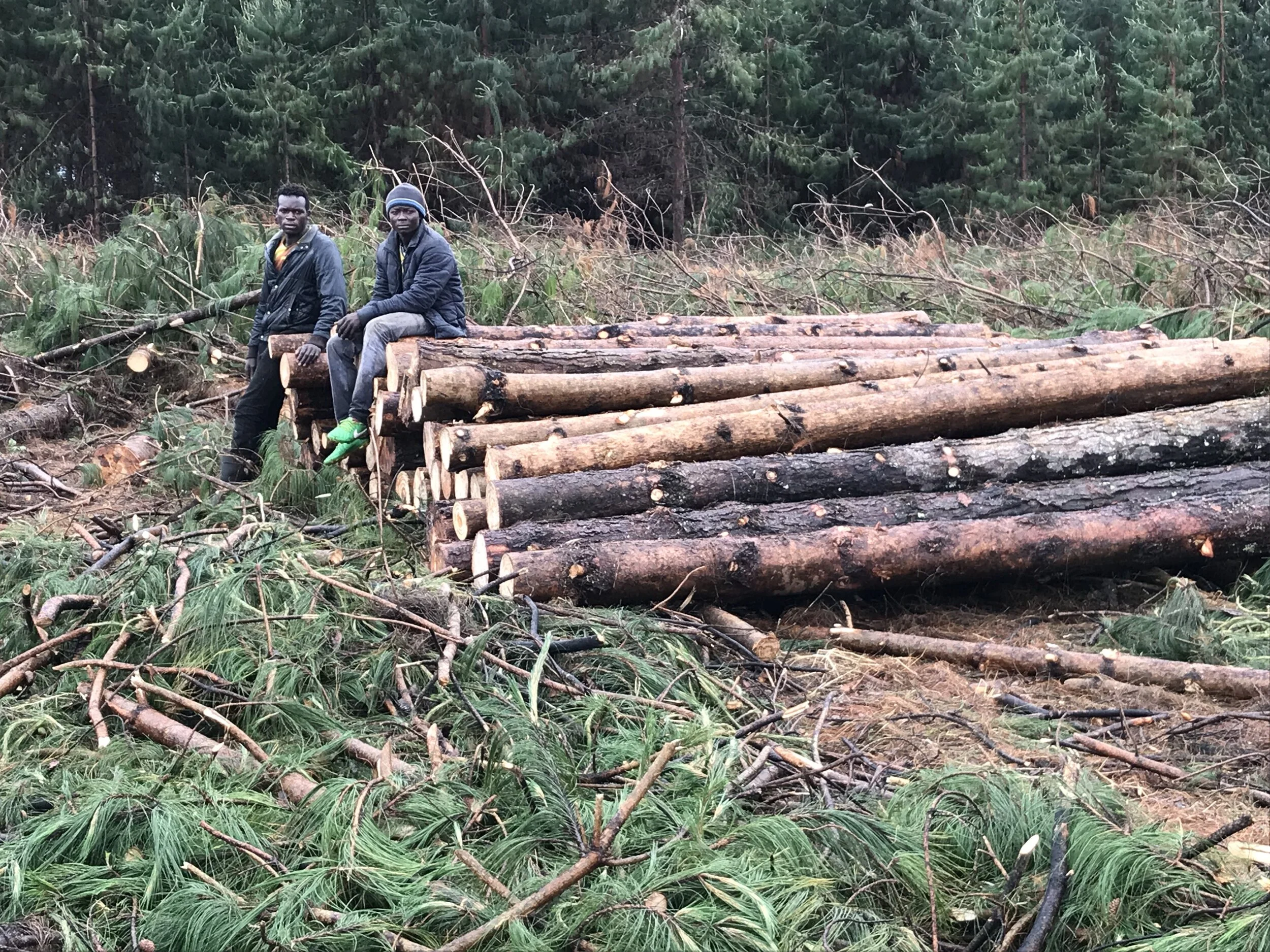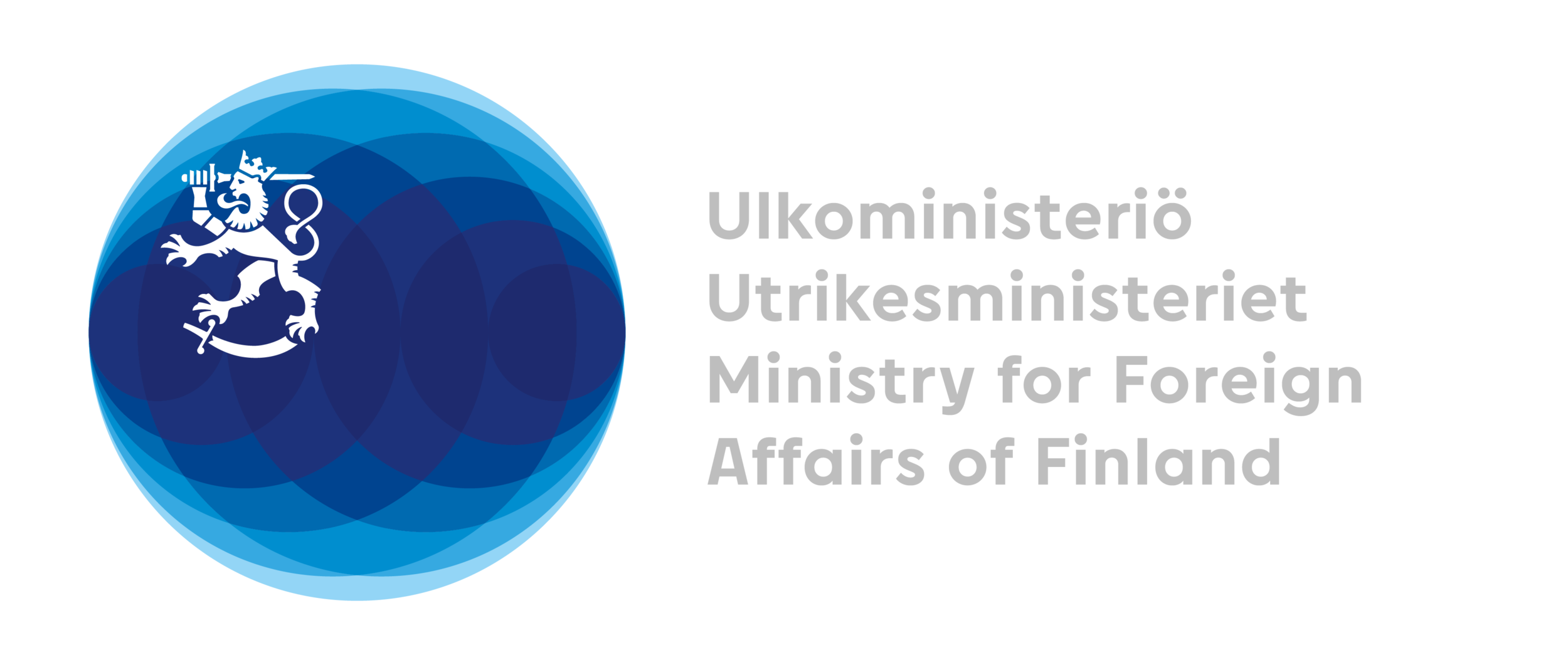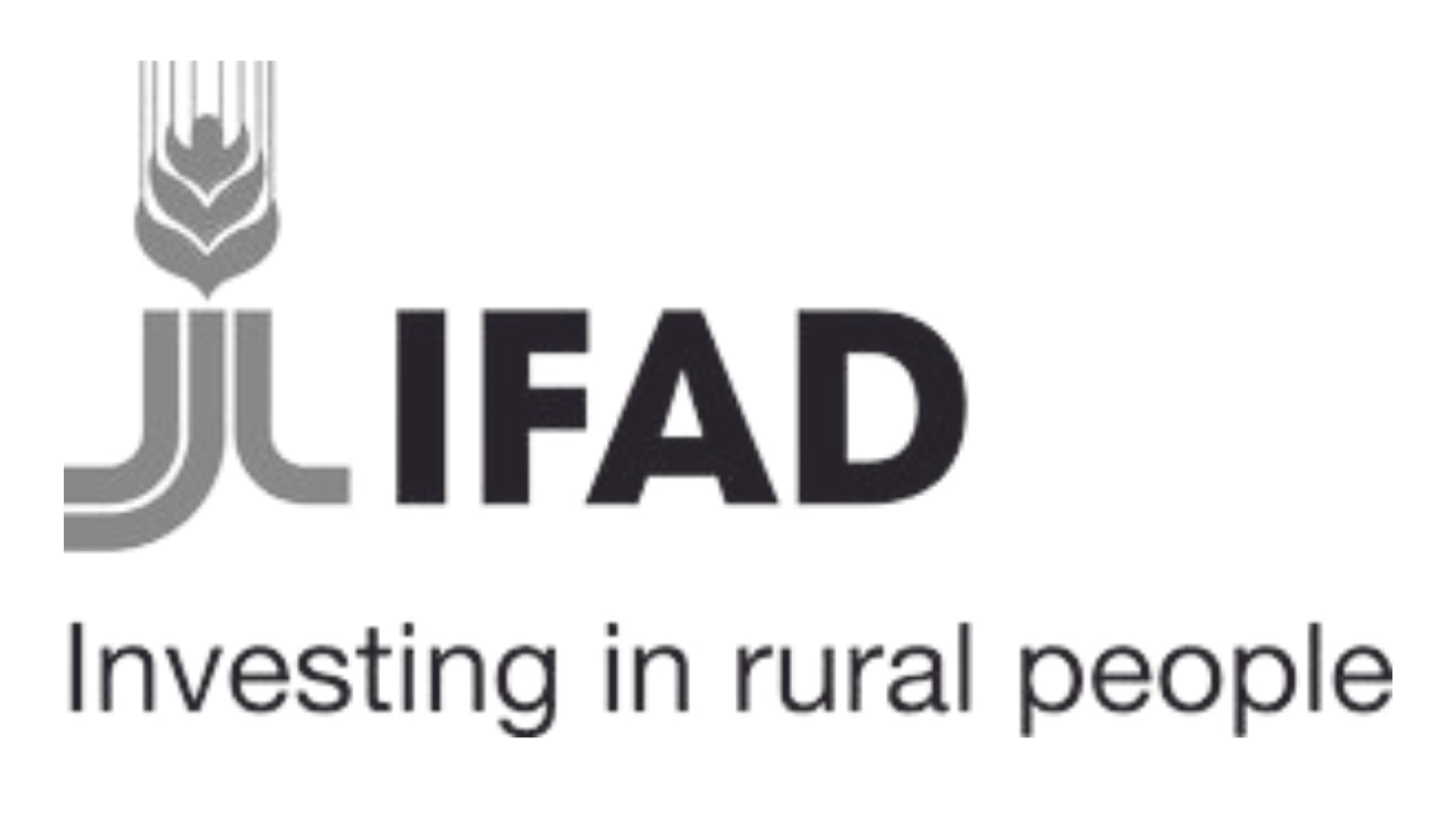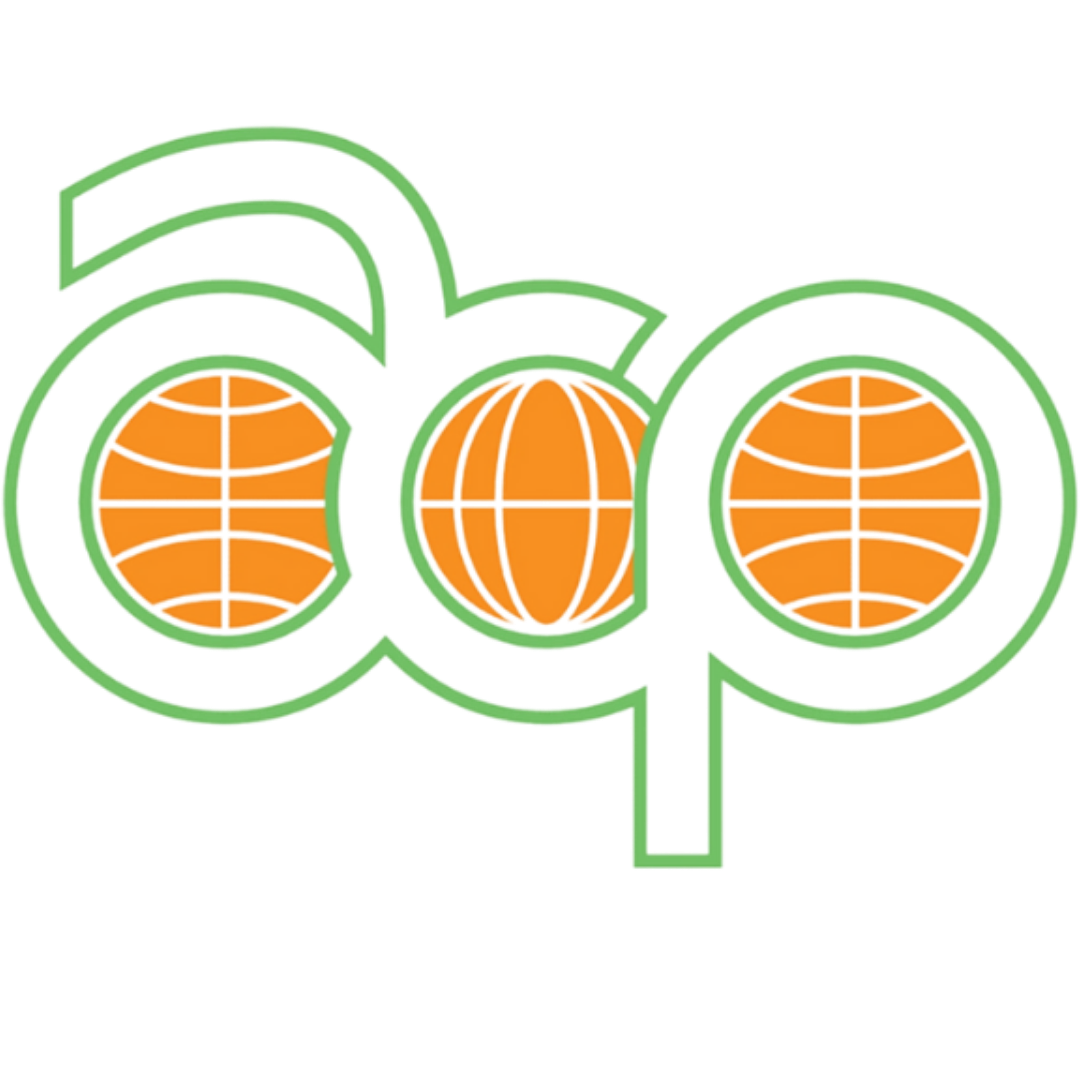VALUE CHAIN DEVELOPMENT
In many developing countries, it is difficult to get the product to the market and the right price for the producer. The inputs are often poor, the quality of the products is inadequate and the loss is great. Thus, all our projects seek to increase the income of rural producers through the development of production chains and the improvement of business conditions.
Forestry value chain
Forestry brings prosperity to rural areas in developing countries. Trees provide energy resources to most families but also economic benefits and provision of ecosystem services to the wider community. Therefore, to save worlds forests it is necessary to increase the productivity of managed forests.
Sustainable Forest Management benefit the people and the environment. It lifts people out of poverty through market-oriented activities and maintains the resilience of the forests. Sustainable Forest Management practices, high quality seedlings, enhanced logistics, the exploitation of forest data and market information, traceability of wood and the use of remote sensing data in forest planning are ways to promote forestry profitability. These are also possible steps towards forest certification and bigger market prospects.
During the growth period, we diversify activities through forest by-products for the benefits of forest owners and their families.
Agriculture value chain
Agriculture is the main economic activity in rural areas in developing countries. Value chain development is based on sustainable production methods, market and marketing analysis, the management of logistics and further processing as well as better utilization of technology.
We support training and services focused on improving the quality control, hygiene and certification. The combination of quality, hygiene and certification, often act as key to the market by improving the position of the Farmer Organization in the value chain. This process has three main key points: guaranteed product quality agreed by the producer, buyer and final consumer, improved prices and expanded market.
Activities are important but understanding and learning the conditions of improvement is the most relevant. Therefore, we work very hard together with Farmer Organizations to provide smallholder farmers with the capacity to analyse change and achieve long-lasting improvements.
Aquaculture value chain
Aquaculture is the farming of aquatic organisms, including fish. Fish farming is an important source of food and plays an important role in food security and nutrition.
Fish farming is an important source of food but also income for coastal and inland communities. Smallholder farmers through the construction of family ponds improve livelihood resilience and access to nutritious food. Furthermore, the pond can be a source of water for irrigation and growing vegetables in drought-prone areas.
The application of proper technological and logistical solutions is of utmost important in aquaculture value chains, and especially for fish. Therefore, special emphasis is put in enhancing the efficiency of post-harvest practices with the aim to achieve more efficient post-harvest logistics. This helps to maintain product quality and reach better markets.
Aquaculture is also affected by climate change. Accordingly, climate-smart aquaculture practices are a priority in order to increase the capacity of farmers’ organizations to create adaptive approaches for disaster-risk reduction and resilience.

